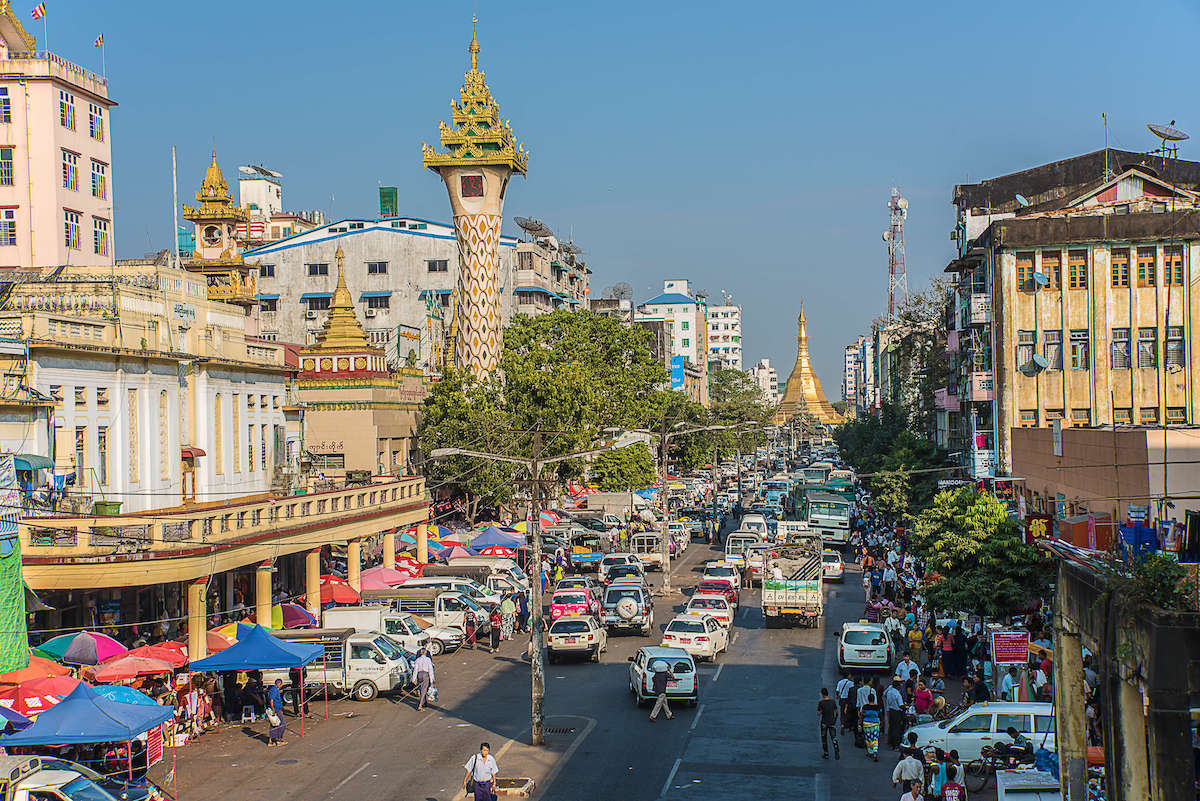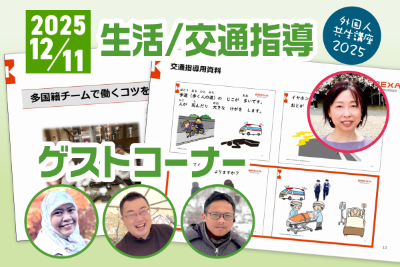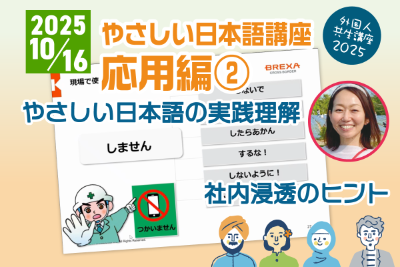- やさしい日本語
- ひらがなをつける
- Language
We provide multilingual content through machine translation. Translation accuracy is not 100%. About the multilingualization of the JAC website
- About JAC
- JAC Membership Information
- Specified Skilled Worker Acceptance
- Specified Skilled Worker Overview of the system
- 10 Mandatory Assistance for Foreigners
- Online individual consultation
- Seminar on Coexistence with Foreign Nationals
- Leading examples of host companies
- Case studies collection "Visionista"
- Foreigner's Voice
- Foreign Resident Acceptance Manual / Q&A
- Useful column "JAC Magazine"
- Acceptance support services
- Specified Skills Acceptance Support Service
- Skills improvement support
- Online Special Education
- Skill training
- Japanese Language Course
- Education and Training Support
- Subsidy system for obtaining qualifications
- Support for creating a comfortable workplace
- Temporary Return Support
- CCUS charge support
- Support system for promoting the accumulation of employment history
- Post-acceptance training
- Compensation system for Specified Skilled Worker (i)
- Daily life support
- Medical interpretation support
- Support for daily life problems
- freeJob matching
- The Specified Skills Evaluation Exam
- Home
- JAC Magazine
- Working with foreign workers
- What is the Thai national character? Introducing their personality and communication tips!
- Home
- JAC Magazine
- Working with foreign workers
- What is the Thai national character? Introducing their personality and communication tips!

What is the Thai national character? Introducing their personality and communication tips!
I wrote the article!
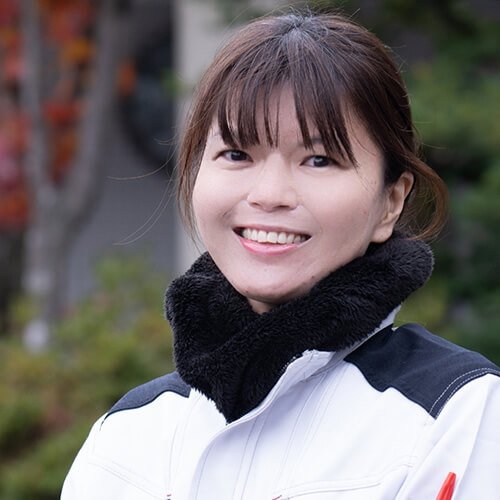
(One company) Japan Association for Construction Human Resources
Chief of Research and Development Department / Administration Department / Public Relations Department
Motoko Kano
(Kano Motoko)
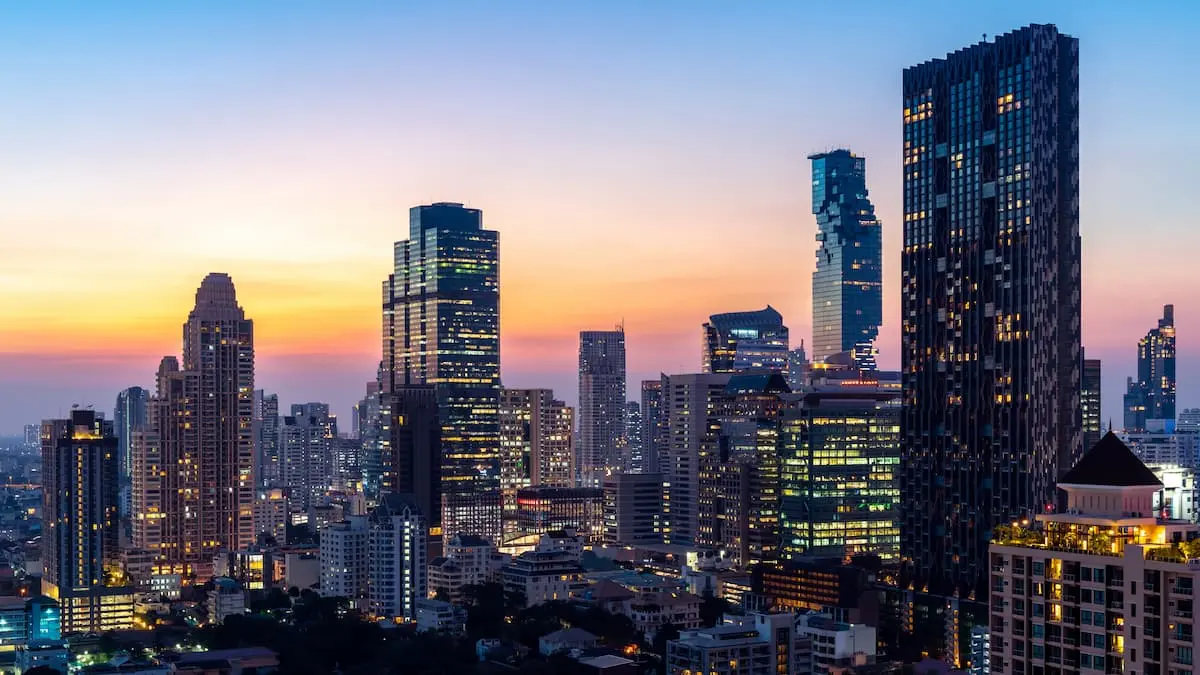
Hello, this is Kano from JAC (Japan Association for Construction Human Resources).
Thailand is a country located in the center of the Indochina Peninsula in Southeast Asia.
There are many tourist destinations that are popular among Japanese people, such as Ayutthaya, Chiang Mai, Bangkok, and Phuket, so many people may have been there.
This time, we will explain in detail about the Thai national character.
We will introduce each country's characteristics and communication tips, so please use this as a reference.
What kind of country is Thailand?
Thailand is a country located in the center of the Indochina Peninsula in Southeast Asia, sharing borders with Laos, Cambodia, Malaysia, and Myanmar.
The country's land area is 514,000 km2, approximately 1.4 times that of Japan, and its population is 66.09 million (Ministry of Interior of Thailand, 2022).
The capital is Bangkok, about seven hours from Narita Airport.
The average annual temperature is warm at 35°C, and the rainy season is from June to October.
The official language is Thai and over 95% of the population is Buddhist.
Thai Buddhism is Theravada Buddhism* and there is a custom for boys to become monks and become full-fledged adults.
*A religion practiced mainly in Southeast Asia. It teaches that one can attain enlightenment (freedom from various worries and suffering) by becoming a monk and undergoing training.
The period of monkhood generally lasts about three months, but can be as short as a week, and varies from person to person.
Most people become monks between August and October of the lunar calendar, but if you are working in Japan, it is unlikely that you will return to Japan to become a monk.
Thailand is the only country in Southeast Asia that has never been colonized and has a long history of kingdoms.
King Bhumibol Adulyadej (Rama IX), said to be the most beloved man in Thai history, ruled the throne for 70 years until his death in 2016.
During the reign of King Bhumibol, Thailand established deep friendship with the Japanese Imperial Family, which is why Thailand is known as a "pro-Japanese country."
There have been periods of political instability due to successive military coups, but as of 2024, many foreign companies have established operations in the country and the country is undergoing modernization.
The manufacturing industry in particular has developed remarkably, accounting for 30% of GDP.
There are many Japanese companies, and it is said that there are about 80,000 Japanese people stationed there.
There are many Thai people working for Japanese companies in Thailand, so Japanese people are not far away.
In Thailand, men are required to take a conscription examination when they turn 21, and enlistment is decided by lottery from among those who pass the physical examination, so if they are under that age, they may be forced to return to their home country.
In some cases, people may be exempt from military service if they have taken military preparatory training classes for more than three years, so be sure to check in advance when hiring.
What are the personalities and values of Thai people? Learn about the national character
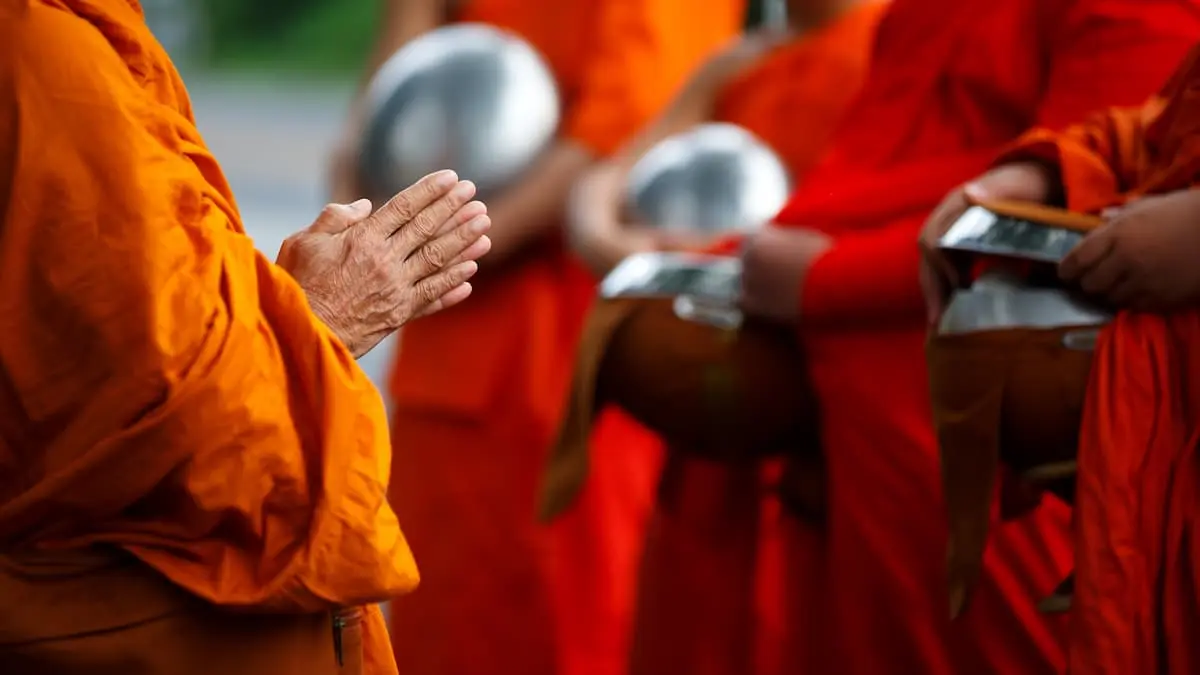
Thailand is known as the "Land of Smiles," and as such, it is said to have many easygoing and cheerful people.
Many people are Buddhists and have a strong belief that performing virtuous acts will lead to a better life in the next life, so many of them are gentle, kind people who are proactive in helping others and value human relationships.
Among them, the most distinctive way of thinking of Thai people is「マイペンライ」 This is the spirit.
マイペンライ These words are the equivalent of the Japanese phrases "You're welcome," "Don't worry about it," "Sorry about that," and "It's okay," and give the impression of the positive and cheerful nature of Thai people.
When a Thai person makes a mistake or is worried,マイペンライ It is said that these magic words will help you think positively when you say them.
It is a pro-Japanese country and many people love Japan, but the percentage of people who can learn foreign languages is not high.
This does not only apply to Thai people, but when hiring anyone, be sure to check in advance how much Japanese they can speak.
However, even if they are not very good at Japanese, there are many who will be able to build good relationships in the workplace thanks to their good personalities and positive attitude.
We also introduce the national character and communication tips of Indonesia, the Philippines, Vietnam, Myanmar, and Nepal.
Please feel free to use this as a reference.
What is the Nepalese national character like? Introducing their personality and communication tips!
What is the national character of Myanmar? Introducing their personality and communication tips!
What is the Vietnamese national character? Introducing their personality and communication tips!
What is the Filipino national character? Introducing their personality and communication tips!
What is the Indonesian national character? Introducing their personality and communication tips!
How to work smoothly with staff from Thailand
There are four things to keep in mind in order to work smoothly with staff from Thailand.
It's a good idea to share this with your company before you start working together.
① Set short-term goals
First, your goals should be short-term achievable.
The Thai people told「マイペンライ」 Because they have a strong ``goal-achieving'' mentality, they tend to think ``Well, it'll work out somehow'' even if they don't reach their goal.
Therefore, it is better to set short-term goals rather than long-term goals.
② Align your approach to work and find ways to make it go more smoothly
The second is to align our perceptions and values regarding work.
In Japan, we place a lot of importance on "responsibility" when it comes to work, but people in Thailand tend to think that responsibility is not that important.
Also, many people value time with family and friends over work, so if a promotion means less time with family, for example, they may want to consider it.
While respecting their opinions, it is necessary to carefully explain and reach an agreement on the company's philosophy and rules that must be followed one by one.
Thai people are said to value hierarchical relationships and have a strong desire to learn, but they can also be a little loose with time.
It is a good idea to set detailed deadlines for work or move them forward to make sure your work proceeds smoothly.
③Speak in easy-to-understand Japanese
The third is to use easy-to-understand Japanese.
Not many of our staff members from Thailand can speak Japanese.
Japanese terminology, dialects, and abbreviations are very difficult, so it is best to avoid using them where possible.
You should be especially careful with Japanese-English expressions, which are unique to Japan and cannot be understood by foreigners.
For example, some Japanese English words include the following:
| Japanese English | English |
|---|---|
| ノートパソコン | ラップトップ |
| タッチパネル | タッチスクリーン |
| コンセント | アウトレット |
| ホチキス | ステープラー |
④ Don't scold in front of others
The fourth step is to pay attention to your teaching methods.
Thai people find it extremely humiliating to be scolded or loudly reprimanded in front of several people.
Also, because people think that getting angry is a bad thing, they may see angry people as "immature."
If this impression is given, it will be difficult to build trusting relationships.
When giving instructions, be considerate and call the person in question into a separate room alone and speak to them in a quiet tone so that they can understand the reason for the warning.
Summary: Thai people are warm and kind. They are also characterized by their positive and cheerful personalities.
It is said that there are many gentle and kind people in Thailand.
One of the characteristics of this company is that there are many people who can think positively and move forward with the spirit of「マイペンライ」.
The relationship between Japan and Thailand is good, and there are many pro-Japanese families.
Many Japanese companies are also expanding into Japan, and it can be said that Japan is not far away for Thai people.
In Thailand, where there are many religious Buddhists, there is a belief that boys are ordained and become full-fledged, but there are not many cases where men return to Japan after taking a break from work in Japan to become a priest.
However, there is a conscription system for 21-year-old men, and if it is decided by lottery, they will have to return to their home countries, so it is necessary to check in advance when hiring men who have not reached the age of 21.
There is a Specified Skills employment form for Thais.
It is a status of residence that requires having a certain level of skill and Japanese language ability, so if you are a company that wants to be able to work immediately, please consider it.
"Getting to Know Thailand" course for Japanese people living together with foreigners held!
JAC holds a "Lecture on Coexistence with Foreigners" with the aim of "Understanding how to work smoothly with foreign staff!"
The sixth lecture on coexistence with foreigners will be held on February 15, 2024, and will be titled "Lecture on Coexistence with Foreigners (Thailand)" (lecturer: Iori Hiromasa).
In addition to introducing Thailand's history, national character, and working style, the seminar also explained things to be aware of and things to look out for when actually employing Thai people.
Participating companies asked questions about religion and Japanese language education in Thailand.
Q: Are there any religious considerations that need to be considered?
→ In Buddhism, there is a belief that you should not touch the head. Do not touch it under any circumstances.
Q: Is Japanese language education popular?
Compared to other countries, Japanese language education is not that popular.
Q: Is the grammar and pronunciation similar to Japanese?
→The grammar is not similar, but is closer to English.
Japanese pronunciation is not difficult, but due to Thai customs, the end of words can sometimes rise.
Seminar videos, materials, answers to questions, etc. Missed lecture on coexistence with foreigners: streaming and materials" can be viewed at
If you were unable to attend, please be sure to check it out.
Here are some comments about the course:
- I was able to hear real stories about Thai people's personalities and how to interact with them.
- I didn't know of any companies or unions nearby that accepted Thai trainees, so I'm glad I had the opportunity to learn about them.
- It was good that the explanation was not only about the region and culture, but also about important points to keep in mind.
- There are many things that are not taught in Japanese history, and I was able to learn about the country, so I enjoyed every class.
In addition to the Thai Symbiosis Course, we hold seminars on courses related to Indonesia, the Philippines, Vietnam, Myanmar, and Nepal from time to time.
Seminar videos are also available for seminars that have ended.
If you're looking to accept Specified Skilled Worker from any of the countries listed above, be sure to check it out.
We will continue to hold useful seminars according to your needs!
[Online free course] It's hard to get along with foreign employees! What do we do??
If you are a company that is considering accepting Specified Skilled Worker in the construction industry, please feel free to contact JAC!
*This article is based on information as of March 2024.
The author of this article

(One company) Japan Association for Construction Human Resources
Chief of Research and Development Department / Administration Department / Public Relations Department
Motoko Kano
(Kano Motoko)
Born in Aichi Prefecture.
He is in charge of public relations, research and investigation, and is the person behind social media.
We update our social media accounts daily with the desire to make people fall in love with Japan, to spread the appeal of construction from Japan to the world, and to ensure that Japan's construction industry continues to be the industry of choice around the world.
He is also engaged in research into the feasibility of implementing skills evaluation exam in Asian countries, and is conducting interviews with local organizations in each country.
Related articles

What is the Japanese level of Specified Skilled Worker? Precautions and measures after acceptance

Things to know when working with Muslim employees in a Japanese company

What is the obligation to notify the employment status of foreigners? Foreign workers who must be notified and how to apply
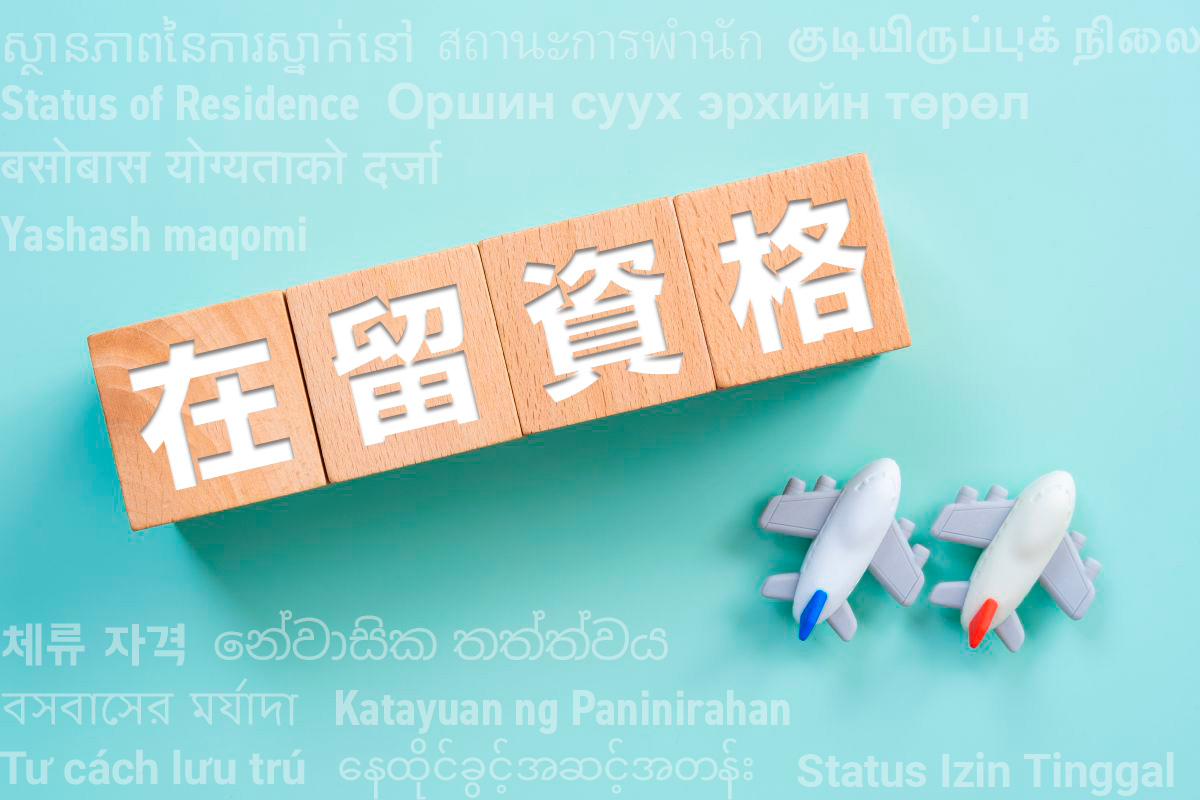
What is the status of residence that allows you to work? Explaining the types, how to obtain it, and more!







